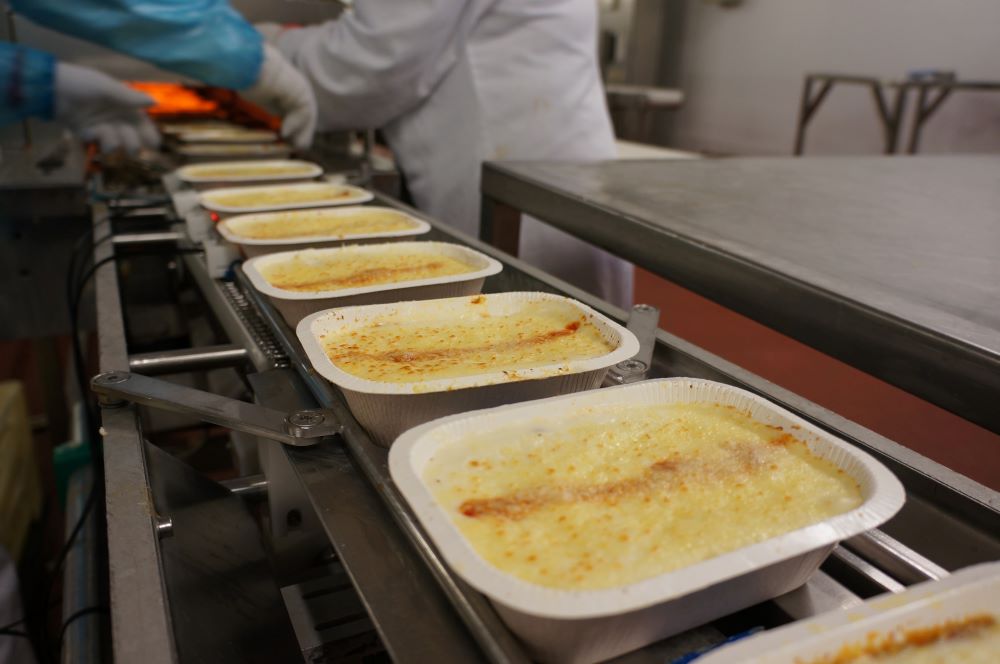
New rules are due to come into force on Saturday (15 January) for firms exporting certain animal-origin and composite products to the EU – including changes to some health certification requirements.
The EU established the requirement for Animal Health Regulation (AHR) Export Health Certificates (EHCs), which must be signed by a vet, in legislation in April 2021.
However, in August the bloc voted to delay the introduction of the new EHCs until 15 January 2022.
Northern Ireland
The new rules form part of the EU’s smarter rules for safer food (SRSF) package of protections against animal disease and plant pests.
The new controls will also apply for British goods entering Northern Ireland, which has effectively remained a part of the EU’s single market for goods under the terms of the Northern Ireland Protocol.
EHC changes
Speaking on an IOE&IT webinar about trading in uncertain times yesterday (10 January), IOE&IT customs and trade consultant Rob Booth said the new rules include:
- Changes to the EHCs required for different product groups
- Changes to terms and conditions within EHCs
- More focus on the treatment of products subject to the new controls
He advised traders to continually review gov.uk guidance on rules for exporting agrifood goods to the EU.
Risk-based approach
He added that a risk-based approach is now being taken by the EU to composite foods – those products that contain both processed products of animal-origin and plant-based ingredients, for example a lasagne.
Booth said composite foods deemed higher risk will be subject to greater controls, including physical checks at border controls.
Composite goods deemed to be lower risk may benefit from reduced controls, meaning they may not be subject to physical checks when entering the EU.
Lower risk goods could include those that do not possess processed meat ingredients or those that are shelf stable and can be stored safely in an ambient temperature.
Booth added that the onus will be on the EU importer to prove that these goods are lower risk via a private attestation, with the UK exporter still providing relevant details about the ingredients, especially in relation to dairy and eggs.
Decision trees
Booth said businesses trading composite foods should look at advice and online decision trees provided by DEFRA to understand the nature of their products and the certification requirements around them.
“It’s the risk scoping that’s change,” he said. “The key for traders is to identify the treatment and nature of the ingredients in the products, look at the EHC terms and conditions and review guidance notes on EHC online. Then you can identify where your product sits.”
Import rule changes
New rules have also been introduced for EU goods entering Britain.
These include the requirement for import declarations to be completed at the point of entry and the need for importers of agrifood products to pre-notify authorities of their goods movements using the new Import of Products, Animals, Food and Feed System (IPAFFS).
Further export health certification requirements and border checks are due to be introduced for all animal-origin, plant-based or composite products from July 2022.
For more information about these rule changes, please review our guidance here.


